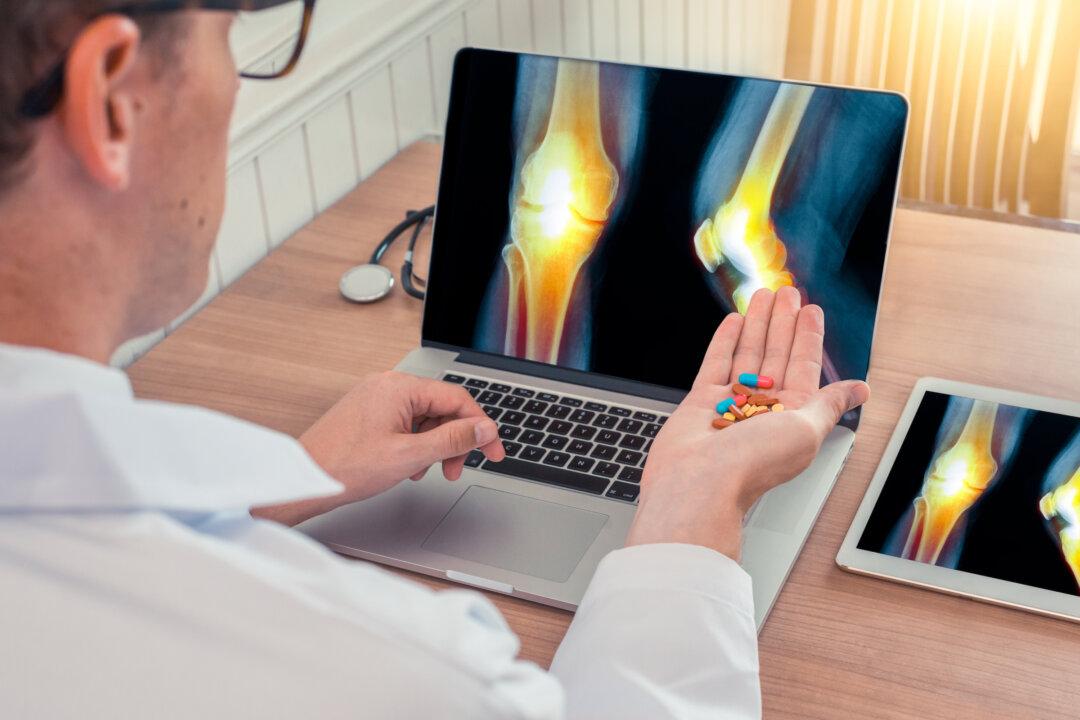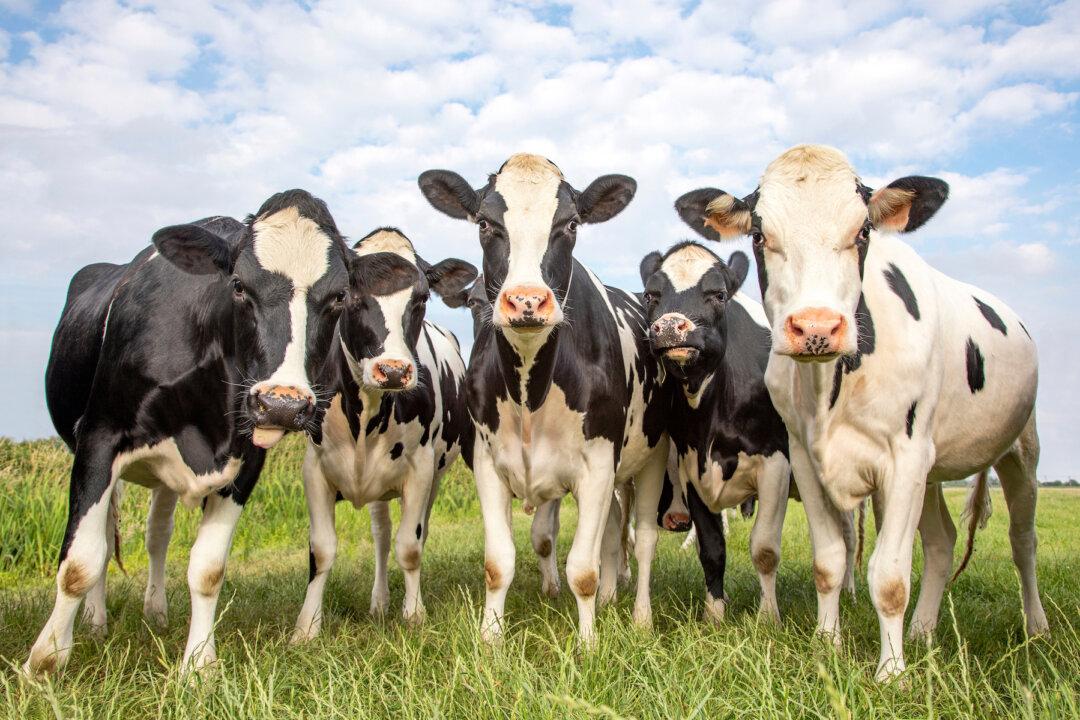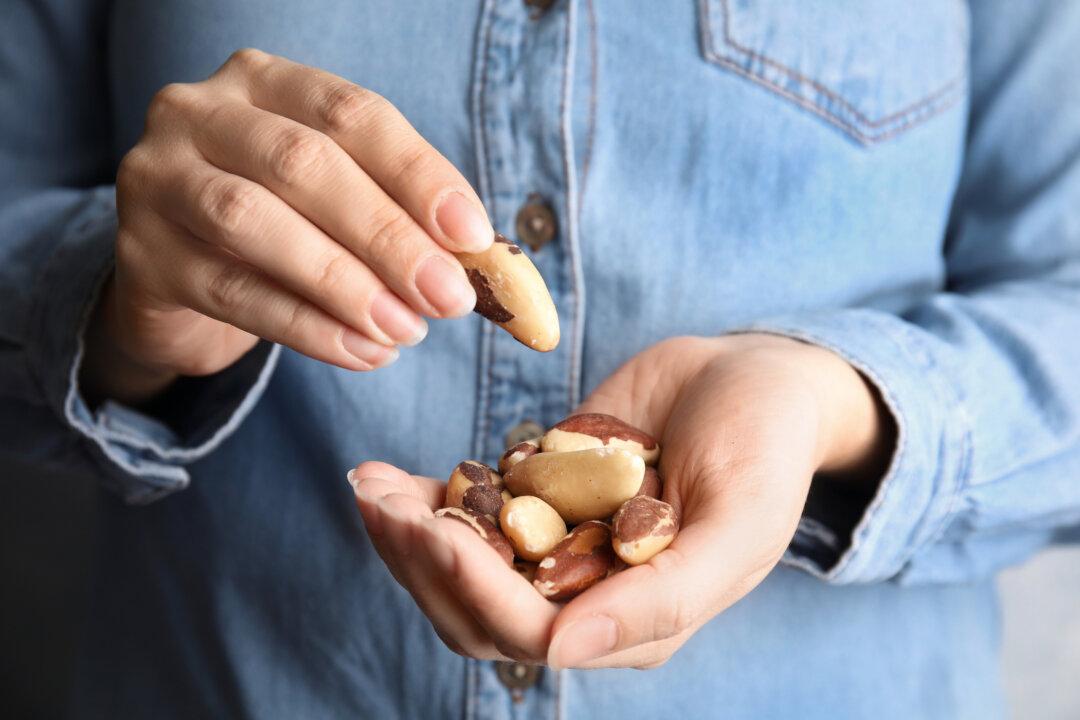In the song “9 to 5,” from the 1980 movie of the same name, singer Dolly Parton refers to coffee as a “cup of ambition.” Now, emerging research indicates that coffee’s potential benefits extend far beyond increasing motivation; according to one study, coffee may even help prevent suicide.
Drinking This Popular Beverage Slashes Depression and Suicide Risk by Half, According to Study

A cup of fresh-brewed, flavorful organic coffee really is good to the last drop. Photo by Anna Urlapova/Pexels
|Updated:




